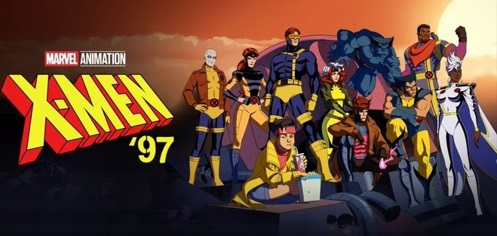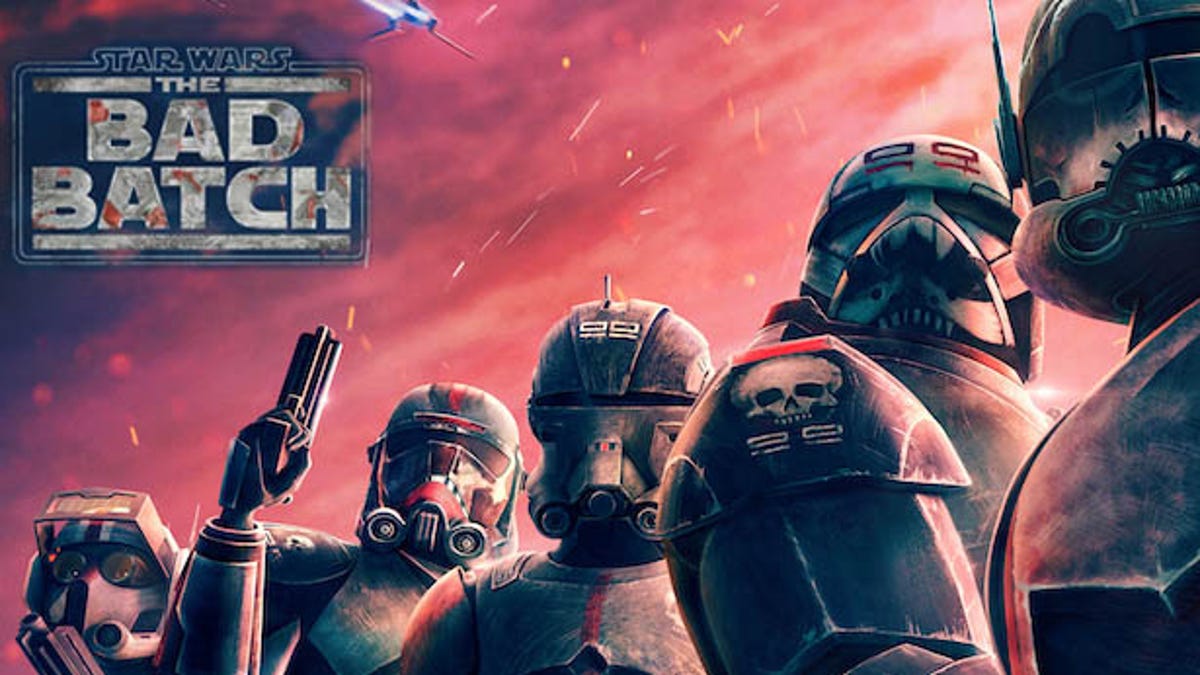English Dub Review: Mr. Tonegawa: Middle Management Blues “Entertaining”
There is no ethical consumption under capitalism.
Overview
We’ve got two adventures again this week. The first involves the titular Mr. Tonegawa as he goes to one of Teiai’s many casinos to test a devilish new pachinko machine called the Bog. Upon his arrival, he is told by the pit boss that the machine’s daily settings have randomly been determined to fall on their easiest difficulty. Tonegawa is unfazed by this and begins his game. Most of his balls go through the earlier obstacles, but they are stymied at the final trap. Tonegawa quickly deduces that this is the Bog’s true game. The machine allows players to think that they have a chance at victory, only for that chance disappear at the last moment.
Tonegawa also figures out that the pit boss is a terrible actor. All through Tonegawa’s playing, the pit boss has pretended that he is shocked that Tonegawa is able to make it so far past the obstacles, but Tonegawa sees right through him. Even though his subordinates are in on the act, Tonegawa knows when someone is letting him win. In a flashback, we see that Tonegawa has mastered that art himself in his games with President Hyōdō. At the end of Tonegawa’s session, the pit boss reveals a feature where the bog spits the balls back into play, and Tonegawa eventually gets one ball in. While he is annoyed, the machine works as advertised, and everyone goes their separate ways.
In the Otsuki B-Story, the foreman and his right-hand man are seeking new products to sell at their store in the underground prison. They are facing increased competition from other stores opening up and need something to set their shop apart. They begin looking for such a product, but don’t really find anything. While Otsuki’s sidekick, Numakawa is discouraged, Otsuki has just come up with a devious idea.
The next day, when the two set up shop, they decide to sell their cheapest item, snack mix, on an unlimited plan. They sell it for the monthly cost of only five boxes of the stuff but lock everyone into a six-month contract. The entire work team falls for it. Though the team loses money the first day, within the week, snack mix consumption is down to zero. While there are attempts to make use of the superfluous snack mix, the workers all lose money on their purchase. On the day that the six-month contracts are up, however, Otsuki has taken another one of his days out, ensuring that the contracts will all auto-renew for another half-year.
Our Take
Mr. Tonegawa, at its core, is a show about debt. It’s easy to forget that; the show spends much of its time in business meetings, executive dinners, or something else obscuring the very thing the Teiai group actually does to stay in business. They’re loan sharks that are sanctioned by the Japanese government. While Mr. Tonegawa’s predecessor Kaiji is about gambling, by focusing on Teiai, Mr. Tonegawa becomes the house. And the house always wins.
If there is a through-line to the two adventures in this week’s episode, that’s it. In our first story, we see Mr. Tonegawa play the Bog, which is unbeatable. The only way not to lose money playing is to be able to play the pit boss, rather than the machine. Thought it’s only an exhibition, the pit boss felt compelled to let Tonegawa win in the end. The same principle holds true for Otsuki’s scam. No one is powerful enough to stop him from screwing over the workers, so his scam holds.
This might makes right approach to business reveals some of Mr. Tonegawa’s true feelings about capitalism, namely that it’s a myopic sucker’s game. Both of the schemes illustrated in this week’s episodes have little to no replay value. In the case of the Bog, Tonegawa figures out the trick in seconds, and even a player of average intelligence wouldn’t be fooled for long. This means that the Bog is going to make most of its money on first-timers, fools, and addicts.
Otsuki’s scheme is not dissimilar. While he may have completely cornered the market for a short time, the lack of actual value in the deal ensures that people will unsubscribe as soon as they are able. Escaping to the surface may have worked once, but how is Otsuki going to collect money from people who no longer want to be subscribed to his snack mix unlimited service? Here, Otsuki now needs might on his side, and from what we’ve seen, violence is not the foreman’s forte.
Who is the one being entertained, though, in this week’s episode? It seems to be the capitalist extracting ill-gotten money from his victims. Mr. Tonegawa’s take this week seems to be that for a certain kind of man, the kind that thrives at Teiai (and modern Japan by extension) the ruthless beating and cheating for profit is not only a way of life but an enjoyable pastime. The show presents this with its trademark nihilism and revels in its naughtiness.
What all of this means for me, though, is an incomplete critique. I don’t think we’re supposed to empathize with the pit boss or Otsuki in this episode, but what we are not properly shown the error off their ways. Neither one of them fails. In fact, rather than even a gentle critique of their business practices, both prosper and face no consequences. Thus, I’m left confused as to what Mr. Tonegawa is saying. That these type of men will always succeed? This hardly feels like a foregone conclusion, given the events of the episode.
With no plot in sight, I am starting to think Mr. Tonegawa won’t wrap with anything like a narrative through line. I’m starting to give much more credence to the show as a commentary on modern Japanese life. While I think that has at times been effective and doesn’t completely fail this week, the show has done better, and I expect more from it.

























Hi Ashley, thank you so much for reading and we love the feedback. Note that on that day we had 14th posts go up and only ten posts show on the front page, so it's possible the preview had already been archived by the time you got to it. One recommendation would be to add our RSS feed to your favorite news aggregator service like Feedly, this way you get all of the latest posts!